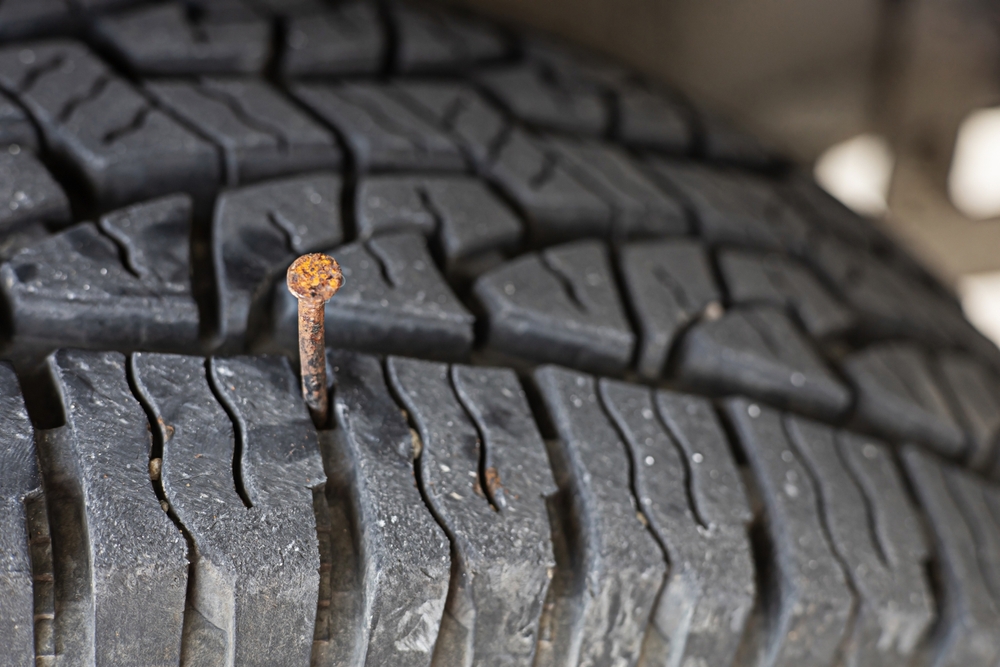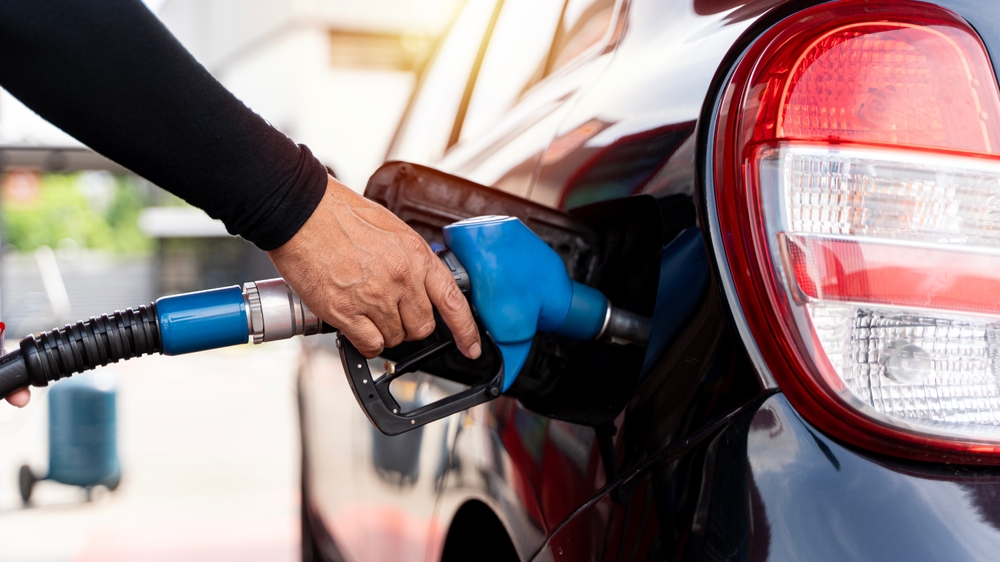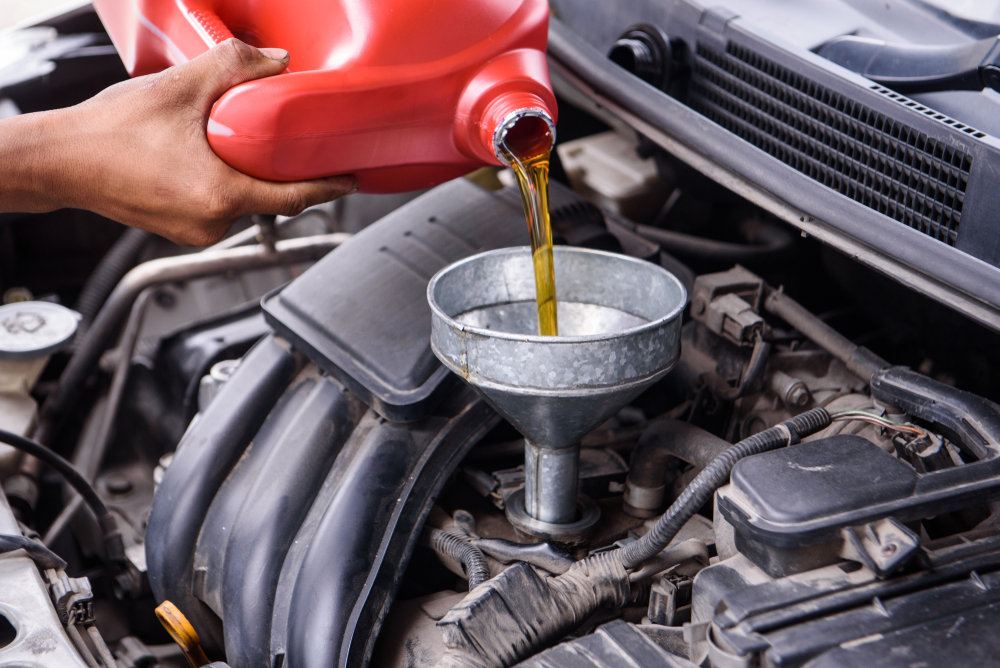The Future of Electric Cars: Maintenance and Repairs
Published on
March 13, 2025
.avif)
There's a fairly stark difference between conventional vehicles and electric vehicles, or EVs - the largest, and most obvious, being the electric drivetrain fueled by rechargeable batteries compared to an internal combustion engine that runs on fuel.
As a result of this drivetrain, EVs don't need oil changes and much of the other routine maintenance that's consistent with fuel-powered, internal combustion vehicles. But don't mistake these differences to mean that electric vehicles don't require any maintenance. After all, they're still vehicles - and vehicles are going to endure wear and tear over time to the point where maintenance becomes important and repairs become necessary.
In this post, we'll discuss what you need to know about EV maintenance and repairs. Read on to learn more or contact your local GreatWater-affiliated shop for further information.
Everything You Should Know About Electric Car Maintenance
Generally speaking, EVs have fewer moving parts than internal combustion vehicles, meaning they generally require less maintenance than internal combustion vehicles. But while you can say goodbye to oil changes and engine tune-ups if you drive an EV, don't think you still won't have to worry about replenishing fluids, rotating and replacing tires, brake service and repair, and some of the other routine maintenance tasks that come with vehicle ownership.
How Different is EV Maintenance from Gas Cars?
Again, the biggest difference between EVs and internal combustion vehicles is that one runs off a rechargeable battery while the other a gas-powered engine. Motor oil is a key cog that keeps many of the parts in the engine and transmission running smoothly. EVs don't have a conventional engine, so many of the parts and components that make up the engine and transmission are also absent from this drivetrain.
Additionally, EVs don't have an exhaust system, so there's no muffler, catalytic converter, or other exhaust maintenance to do. There also tends to be less wear and tear on EV brakes due to the onset of regenerative braking technology, which helps preserve brake fluid and brake system components.
The Cost of EV Maintenance
What maintenance does an electric car need? And how much can EV drivers expect this maintenance to cost? We break down some of the common maintenance and repairs to expect with EV ownership in this section:
Brake Wear
As we said in the above section, there tends to be less brake wear and tear with EVs due to regenerative braking technology. Regenerative braking can essentially turn the electric motor into a generator to help slow the vehicle - many times without having to apply the brakes at all, but simply just easing pressure on the accelerator pedal. Regenerative braking can help slow the wear on brake pads and rotors. It can also help preserve brake fluid and other components.
However, brake maintenance is important with time - and just because brake fluid and pads and rotors are better preserved, that doesn't mean they won't need service. It's suggested to change the EV brake fluid every few years. Brake calipers may also need to be lubricated annually to ensure optimum braking performance.
Battery Maintenance
Most EV batteries last between 12 and 15 years if driven in moderate climates. In more extreme climates, they may last 8 to 12 years. Over time, it's only natural for EV batteries to lose some of their storage capacity. In most cases, it's a very gradual decrease that doesn't have much impact on range or performance. However, if you plan on keeping your EV for over a decade, you'll likely need to replace the battery at some point. Battery replacement can range from $5,000 to more than $20,000, no small drop in the bucket.
Tires & Tire Rotation
Just like any vehicle, the health of the tires is important on an EV. EVs tend to weigh a bit more than conventional vehicles, so they may require higher-quality, heavier tires - and replacement at more regular intervals than internal combustion vehicles. These tires can also be more costly to replace. As far as routine maintenance, regular tire rotations are essential to ensure even tread wear and prevent premature tire failure.
Fluid Care
While EVs don't require motor oil, they still require certain fluids to perform. Coolant, wiper fluid, brake fluid, and more are all still important components of EVs to keep systems and functions operating properly - and fluid levels should all be periodically checked. Speaking of wiper fluid, you'll also need to replace your wiper blades on occasion.
EV Suspension
Suspension systems in EVs and internal combustion vehicles don't differ much from each other. Essentially, this means that all the bumps in the road that you'd hit with your gas-powered vehicle are going to have a similar effect when driving in an EV. Such components will need to be repaired or replaced as more miles are put on the vehicle. Suspension repair and replacement costs largely vary based on what's necessary.
Find a Shop Near You!
For more information on electric car maintenance and some of the common things you'll have to be aware of - and budget for - contact your local GreatWater-affiliated shop today. As qualified, professional full-service auto maintenance and repair centers, we specialize in caring for all types of vehicles - from internal combustion vehicles to EVs. We also service all makes and models.
At all GreatWater-affiliated locations, we place just as much emphasis on the customer experience as we do on high-quality, efficient repair. We treat all vehicles in our care as if they were one of our very own. Contact your local shop today to schedule an appointment and learn more about EV maintenance and repairs.


